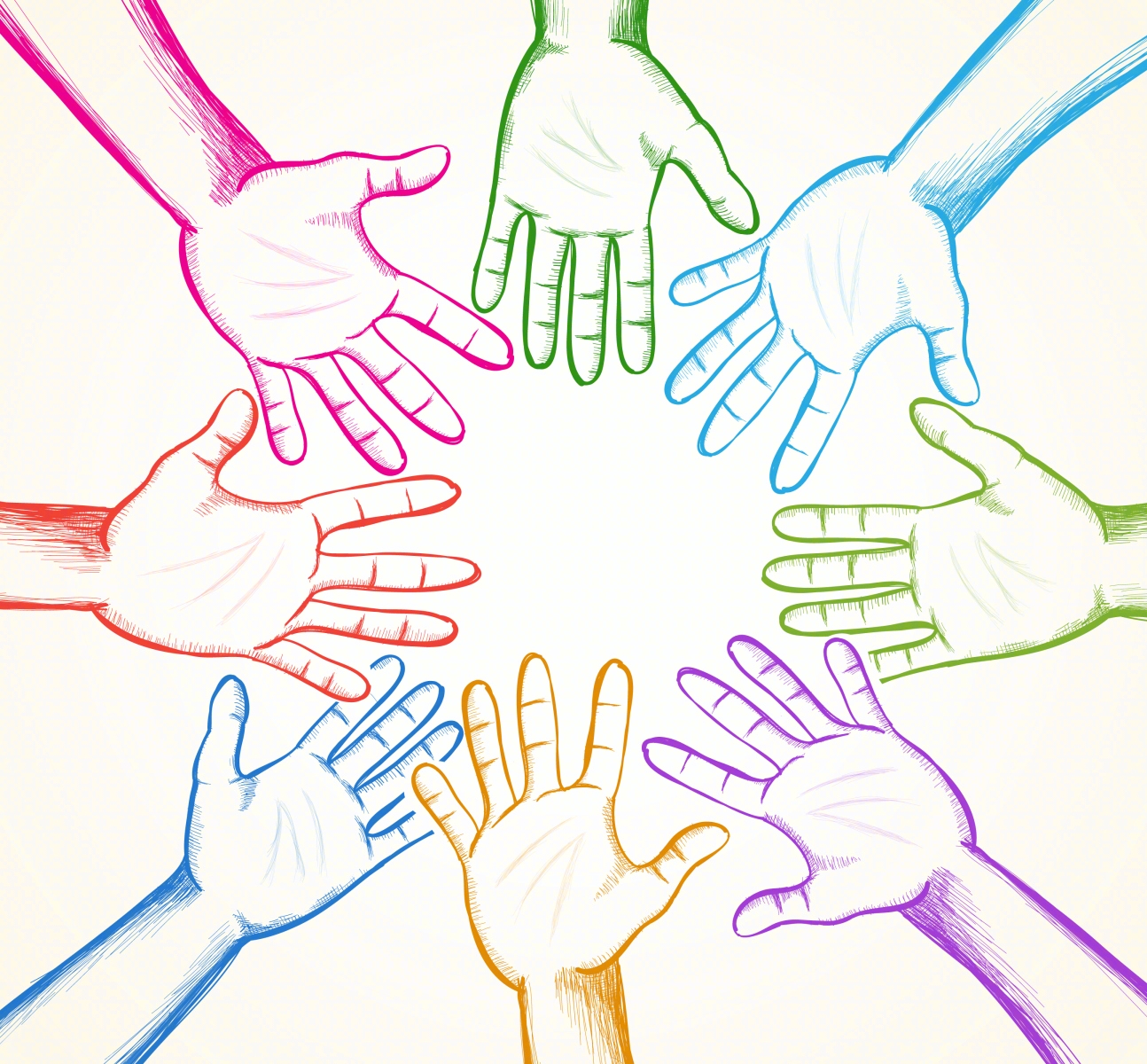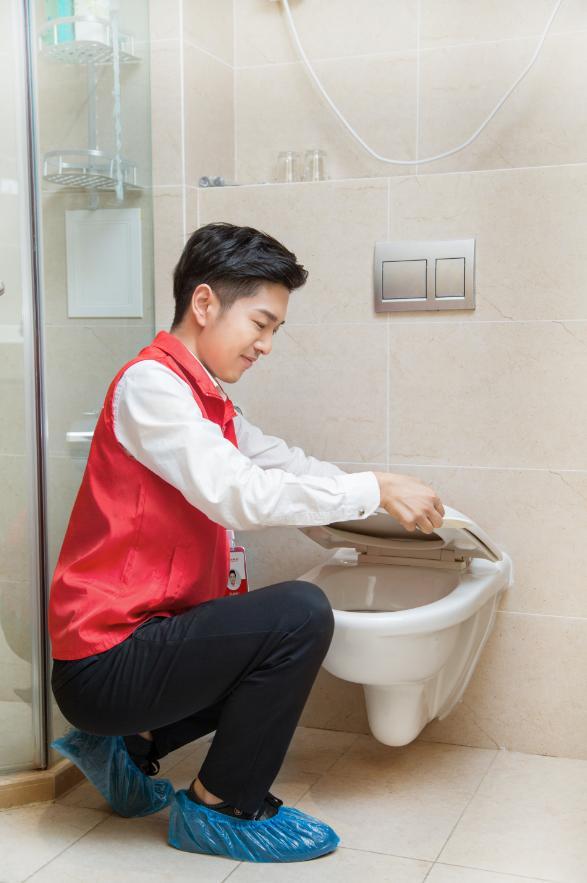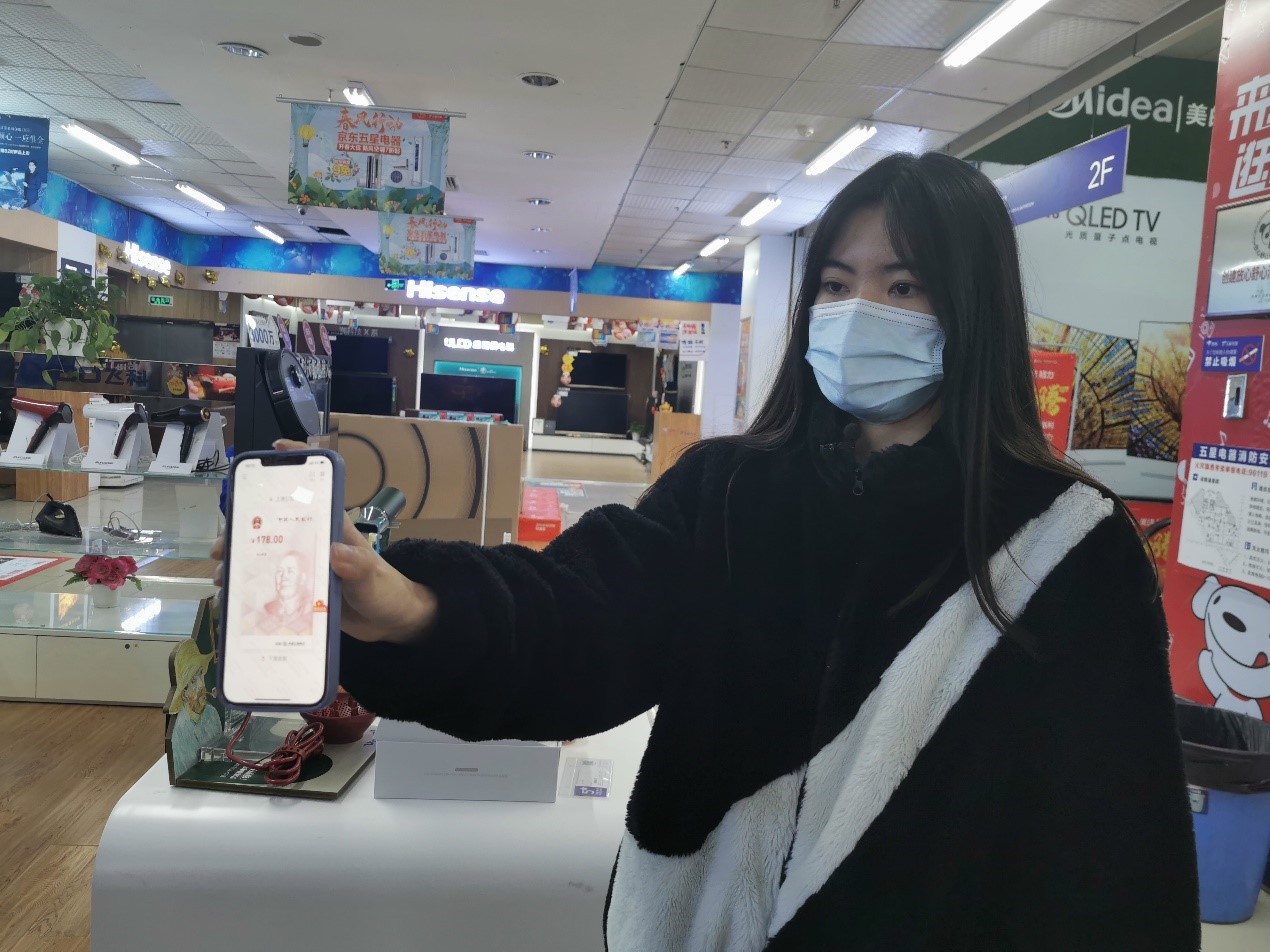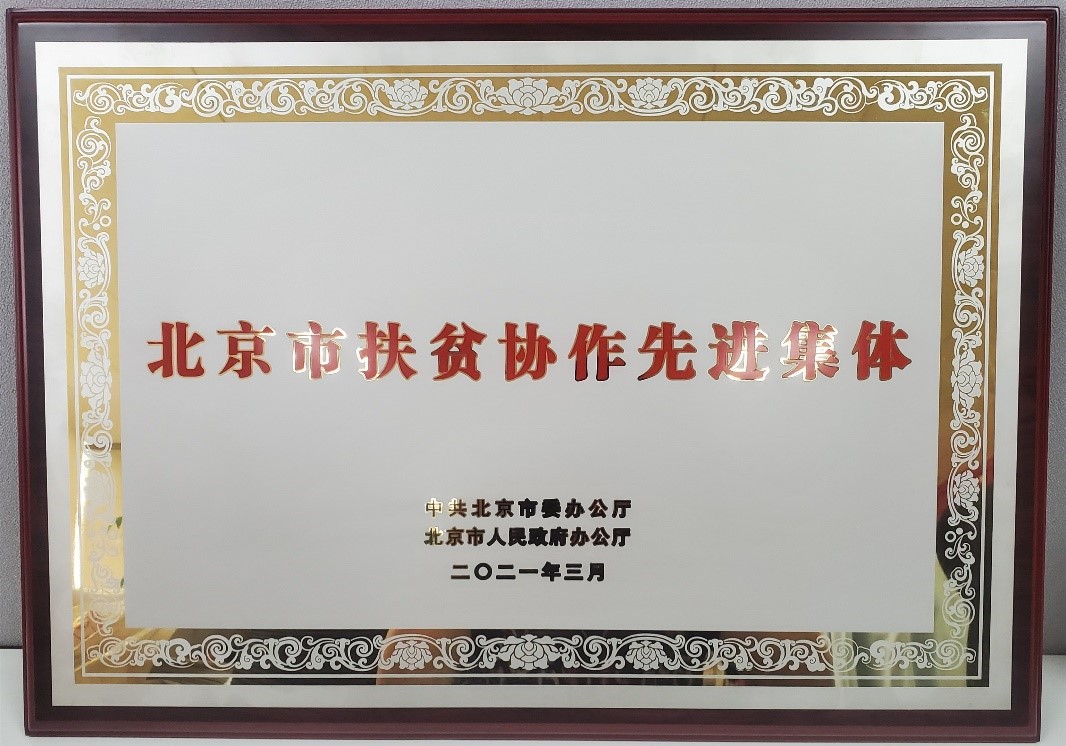by Vivian Yang
JD Health announced to establish its “Rare Disease Care Project” on Feb. 27 at a launch ceremony in Beijing, aiming to build a one-stop solution for rare disease patients in China by improving medical treatment, medicine supplies, health insurance and charity support.
Representatives from the government, pharmaceutical manufactures, social foundations and media were invited to attend the ceremony to share their views on the current status and challenges concerning rare diseases, and explore the role of the internet in tackling the three widely recognized barriers for patients: diagnosis, access to medication and financing of treatment. In establishing the Rare Disease Care Project, JD Health not only has entered a new business area, but also is pushing the boundaries of what an internet medical provider can do – an important step in the company’s own development and China’s medical industry at large.
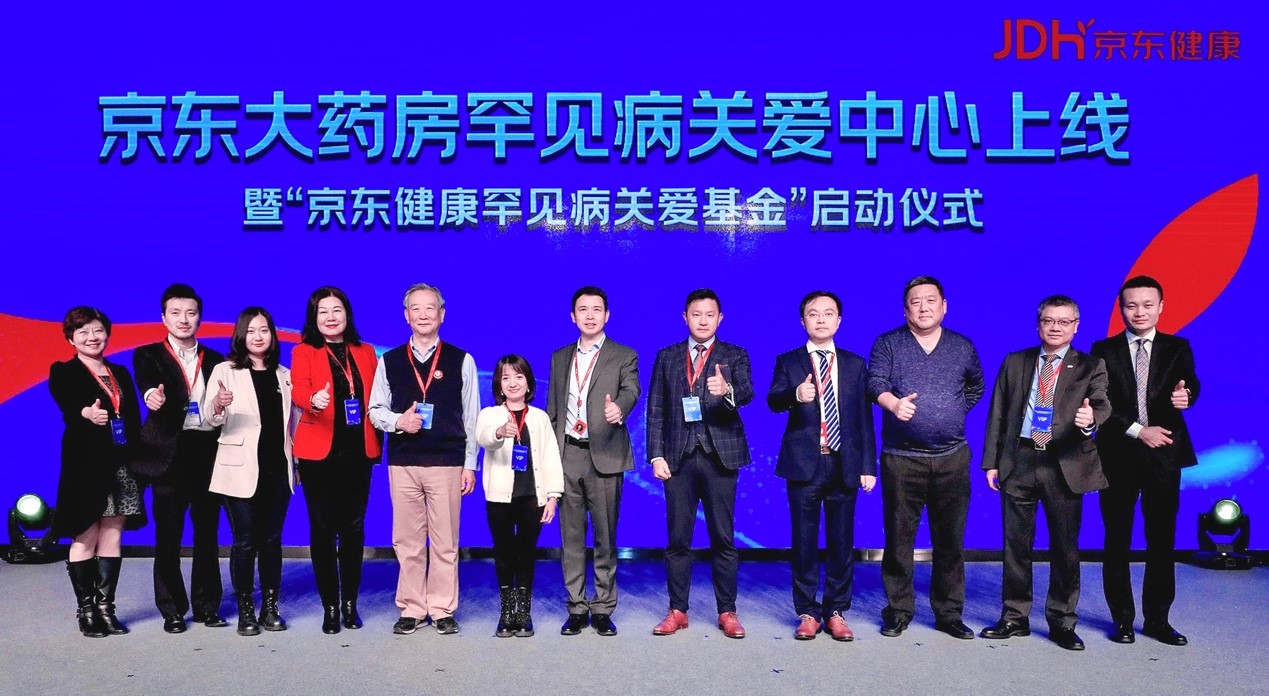
Launch ceremony of JD Rare Disease Care Project on Feb 27 ,2021
Junshuai Liu, the vice president of Beijing Rare Diseases Treatment and Support Society (北京罕见病诊疗与保障学会) pointed out that the accessibility issue of rare diseases does not only relate to the access of doctors, medicines and health insurance, but also includes the affordability of treatment, availability of alternative treatments, and access to chronic disease management services.
Under the current circumstances achieving these goals may seem far-flung given the fact that only around 5% rare diseases have treatments available so far . However, according to Lijun Xin, CEO of JD Health, China’s actions in fighting against COVID-19 have demonstrated a helpful path. “Once the whole society is united and everyone is participating, there will be a way to success”, said Xin during the project’s launch ceremony.
Raising public awareness
“I’m reluctant to publicize a lot of our charity work as it’s a very normal thing for a company to do,” said Xin. “But if promotional activities can let more patients with rare diseases know of this platform and help them get earlier and better treatment so as to prolong their lives, we will feel gratified.”
Policies and business factors aside, Xin’s decision to invest in rare diseases is deeply affected by personal experiences with his neighbors, colleagues, and friends as well as his sympathies for many patients from rural families whose lives are stranded in the adversity.
Lei Cai, a colleague of Xin and a senior executive at JD.com is such a patient. A veteran employee of the company, Cai was diagnosed with ASL (amyotrophic lateral sclerosis) in 2019. Now Cai is doing everything he can to advocate for social awareness and collaboration on treating rare diseases. He acts as a senior advisor of JD Health. In the first five minutes of a discussion with Cai, he repeatedly used the word “cruel” to describe rare diseases and their impacts on the patients, their families and society.
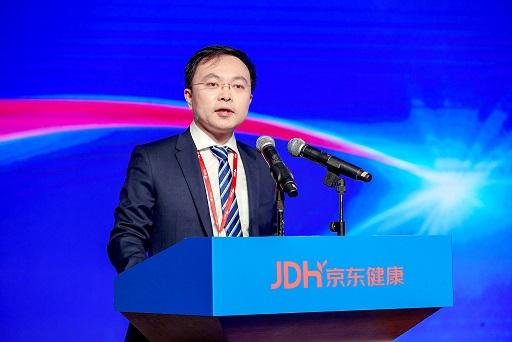
Lei Cai, Senior Advisor of JD Health
“We often feel sorry for disabled people, but if you are a patient with a rare disease, you will envy them because at least they can still go on living their lives,” Cai said.
ASL is often referred to as the world’s No. 1 incurable disease, which makes it a symbolic case for rare diseases. But just because they are called “rare diseases”, they hardly get enough attention and support from the public. Cai realized that not only ordinary people, but most doctors, scientists and experts working in the field of rare disease he had talked to in the past year also have limited understanding about the need of the patients and how to proceed with the cooperation in tackling this problem.
Cai called the two American ALS patients who initiated the “Ice Bucket Challenge” seven years ago heroes. Their efforts not only brought the disease into the public eye, but also made a huge push on studies and pharmaceutical R&D for the disease.
With the same intention to let more people get to know more about rare diseases, JD Health is actively using its brand influence on the occasion of World Rare Disease Day to collaborate with Chinese media and celebrities to promote public awareness. This includes inviting the public to vote for the nicknames of these diseases, making them easier for people to remember. For example, “China doll” for osteogenesis imperfect, “panda baby” for Gaucher’s disease, and “marionette” for multiple sclerosis.
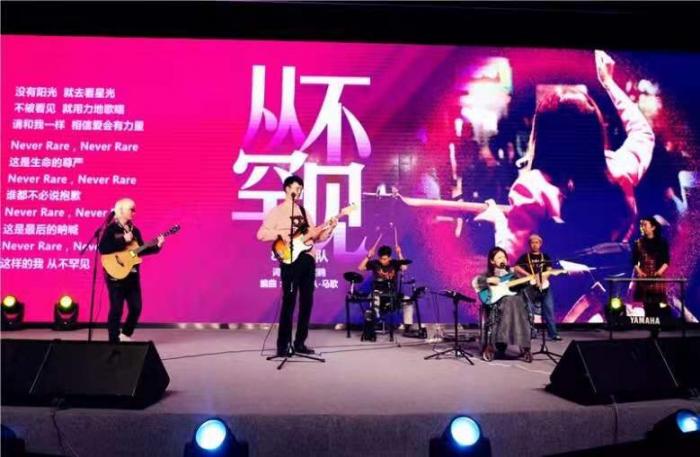
“8772” held its live show on JD Live on 2021 World Rare Diseases Day
JD Health also initiated free online consultation for patients with rare diseases, providing them an alternative channel to get convenient access to top-level experts – many are difficult to book appointments via offline channels for quick diagnosis and better treatment.
Close collaboration with pharmas
According to Enlin Jin, general manager of the pharmaceuticals department of JD Health, JD Health will fully leverage its strength in retail and e-commerce to improve patients’ accessibility to treatment.
Jin recounted the development of JD Pharmacy, the online medicine sales platform of JD Health. In the past five years as a process to evolve from the easy mode to the hard mode of medicine supplies; from chronic diseases and OTC medicines for mass customers, to more vertical fields of medicines for fewer patients, such as tumor medications; and from normal temperature to cold-chain medicine warehousing and deliveries.
“If we sort all the medications according to their topicality and put them into a pyramid, I believe the medications for rare diseases should be on the top of the pyramid given their complexity,” Jin added,
To date, JD Pharmacy has become the most comprehensive platform to offer oral medications for rare diseases available in China. Leveraging its logistics network that is able to realize 90% of orders delivered the same or next-day delivery across China, the platform is providing a cost-effective and reliable way for patients to access medicines no matter where they live.
As a result, more and more pharma brands are choosing JD Health to debut their new medicines in China. In September 2020, Novartis selected JD Health as its first online platform to introduce the new medicine MAYZNT for multiple sclerosis (MS) in China. This opportunity prompted JD to upgrade its cold-chain medicine fulfillment solution to fully integrate warehousing and delivery services.
Through such a fulfillment model, JD can integrate its medicine warehouses, nationwide logistics networks and smart temperature control information system to ensure a safe and traceable medicine supply and delivery process.
Professor Shangzhi Huang, director of the WHO Community Control Cooperative Center for genetic diseases noted that e-commerce helps to cut intermediate costs in the medicine supply process which can eventually benefit patients. He also hopes more pharmaceutical companies can set up medicine manufacturing lines in China in the future, so patients can acquire more medicines with less tariffs and lower prices.
On the aspect of doctor resources, JD Health is actively recruiting doctors with experience in treating rare diseases to provide services on its platform. According to the latest Report of An Overview of Rare Diseases in China (2021), treatment of rare disease has become an increasingly cross-disciplinary and systematic cooperation. JD Health’s telemedicine platform can provide an effective channel for doctors and patients to communicate and exchange experience, shortening the diagnosis time.
An important way to find relevant doctors is through close collaboration with pharmaceutical companies who often partner with these doctors and experts on clinical trials. At present, under the rare disease center’s main page, JD Health has created dedicated sections for 15 specific rare diseases where patients can enjoy a closed-loop service from doctor consultation to online medication ordering. The list of diseases will continue to grow and involve more and more pharmaceutical manufacturers and doctors, according to Jin.
A multi-party financing system
A survey on rare diseases in China conducted by China Rare Diseases Alliance and Peking Union Medical College Hospital in 2019 shows that the average cost directly generated from medical treatment for a rare disease patient per year is around RMB 50,000 yuan (US$ 7,700), with an extra RMB 17,000 or (US$ 2,600) dollars for transportation or toss of work time.
Tao Ma, the executive secretary of Beijing Illness Challenge Foundation explained that RMB 50,000 yuan is no small number for many people; patients would just give up on treatment beyond this amount.
Drug makers face a dilemma too. “To amortize the cost of R&D, production and promotion of rare disease medicines based on the small number of patients is too much of a burden on them,” said Lei Yu, head of rare diseases and rare hematological diseases at Sanofi.
To contribute its effort in easing patients’ financial burdens, JD Health established a dedicated fund for rare diseases in collaboration with Illness Challenge Foundation to subsidize their medications. Customers who purchase eligible medicines on JD Pharmacy may submit their medical documents via JD’s online platforms for the Foundation’s review. The Foundation will assess the medical treatment and expenses of each case and allocate financial aid from JD Health’s fund to the patients. Each patient can receive up to RMB 50,000 yuan a year.
Jin highlighted four features of the fund: comprehensiveness – covering 121 rare diseases on the government-approved list, three-tiered financial aid – depending on the expenses of each disease treatment, multi-party participation – with the combination of JD’s own fund and its charity initiative together with merchants, and a whole process completed online – with application, review and fund granting steps all processed on the internet.
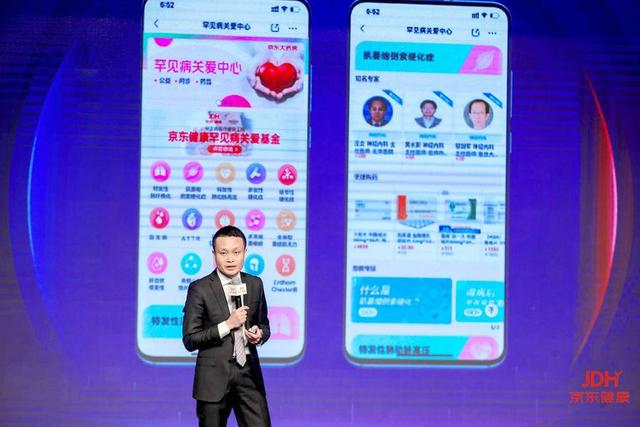
Enlin Jin introduces the Rare Diseases Center on JD Health’s platform
Based on JD Health’s online channel as well as its nationwide offline drug stores, the company is actively exploring online payment solutions to facilitate patients’ insurance claims. The company is also collaborating with pharmaceutical companies, NGOs and other organizations to explore innovative methods to supplement their payment in a timely and effective manner.
Wang Yi’ou, secretary general of Beijing Illness Challenges Foundation said: “JD Health’s fund for rare diseases is a significant move to leverage online channels in the exploration of a “1+N” model (which refer to a government-led and multi-contributor health coverage model).”
To call for more stakeholders’ attention to rare diseases, Cai provided another perspective from which to look at the financing issue. “Think about it this way,” he said, “most patients with high blood pressure or Parkinson’s disease won’t spend a ton on their treatment, but for patients with rare diseases like ASL, we would give everything we have for a cure if there’s any.”
There are about 26,000 new ASL patients each year. “If we only count 100,000 patients who wish to (and are able to) spend RMB 1 million yuan for the diseases , the medication can already make RMB 100 billion yuan in returns, not to mention the economic and value these patients, who are normally at their prime ages between thirties to fifties, can create for the society.”
The issue of rare diseases is not only a medical one, but also an economic and social conundrum. The proposals JD Health has made now might seem to be a simple starting point. But every step of the journey counts for something. With more attention, resources and participations in this issue, there is every reason to believe that the solutions for rare diseases will not be rare in the foreseeable future.
(Part two of two)
Read part one : In-Depth Report: Rare Diseases in China and The Mission of JD Health
(vivian.yang@jd.com)




